Introduction:
Problem:
It gets even more challenging to determine what is right regarding feeding when most of the information confuses most men. In a fast and hi-tech world, with just a click, people have easy access to all kinds of foods that are available, and in the process, they tend to miss various important nutrients that affect the body and health in many ways. Deficiency in the right type of foods results in the following; low energy levels, stress, and vulnerability to diseases.
Agitation:
Consider this: as mentioned by the CDC, coronary illness is the number one killer among men in the U.S. However, if one lacks these essentials, for example, vitamin D and zinc, the immune system is bound to be weak and one’s testosterone levels depressed. Boys like performance and strength and when they fail them they lose them due to lack of proper diet.
Solution:
This article is different from others as it aims to explain the best nutrients for men and how it is possible to include them in the everyday routine. Therefore, from these new dietary guidelines, men will be able to obtain recommended nutrients for a healthy life and a better quality of life.
Understanding Nutritional Needs:
Why Nutrients Matter:
Proteins are involved in every cell in the body, and every metabolic process – from repairing muscles to regulating hormones. Male needs are quite distinct from females and may range quite a lot through factors such as proteins, vitamins, and minerals. This is the first of several important continuities on the road to a balanced diet.
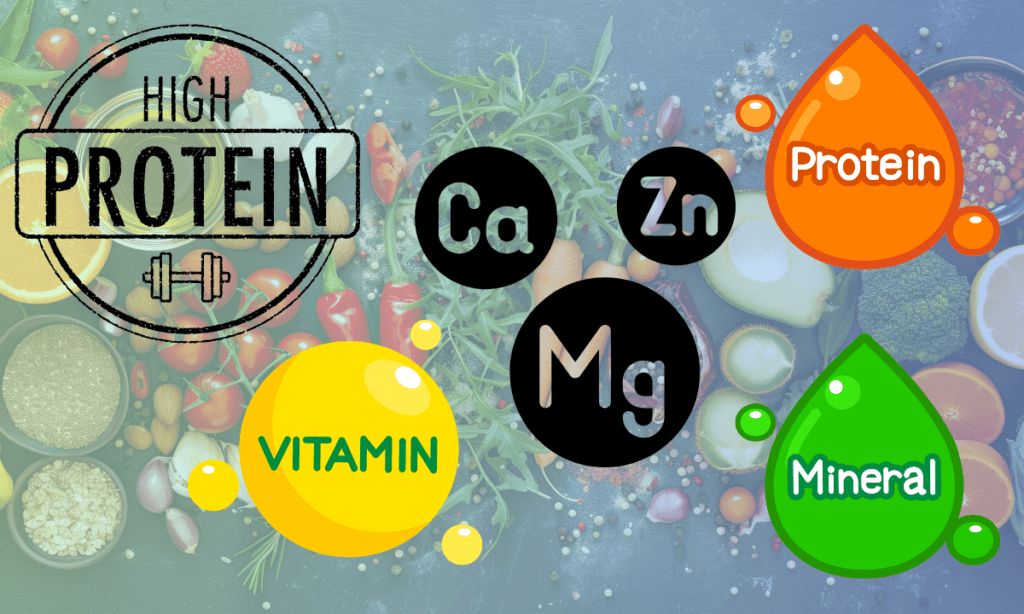
Key Nutritional Differences:
This is true in the case of men because they are usually constituted with more muscle mass and they are more involved in one way or another. For example, the recommended dietary allowance for proteins is 56 grams per day for the average male and 46 grams per day for females. Also, some of the vitamins need a different intake for the women for instance vitamin D which is preferred by men in large quantities.
Essential Nutrients for Men:
Protein: The Building Block:
Importance of Protein:
Protein is a vital nutrient with its major role in muscle tissue repair and growth thus it should not be lacking in any man’s diet plan. In women, it supports hormonal production, is involved in the functioning of the immunity system, and regulates metabolism.
Recommended Sources:
- Lean Meats: Chicken and turkey meals are very rich sources of potassium.
- Fish: Salmon and tuna are good sources of quality protein as well as omega-3 fatty acids.
- Legumes: Beans and lentils are great for getting your protein if you are aiming for a meat-less based diet.
Suggested Daily Intake:
For maximal muscle retention and recovery focus on around 1.2 to 2.0 g of protein per kg of your body weight if you are an active person.
Healthy Fats: More Than Just Calories:
Role of Omega-3 Fatty Acids:
These are essential for the heart and brain as they decrease inflammation and boost the brain’s Skills. According to the American Heart Association recommendations, fatty fish should be consumed at least two times a week to receive all the mentioned above advantages.
Sources:
- Fatty Fish: Tuna, herrings, and trout.
- Nuts and Seeds: From the plant source Walnut and flax seeds will prove as an excellent choice.
Balancing Fats:
Healthy fats are essential conditions but it looks at the same time, defective cold subjugate saturated fat. The Speaking of Food and Heart Association suggests that saturated fat should not exceed 10 percent of total daily caloric intake for anyone.
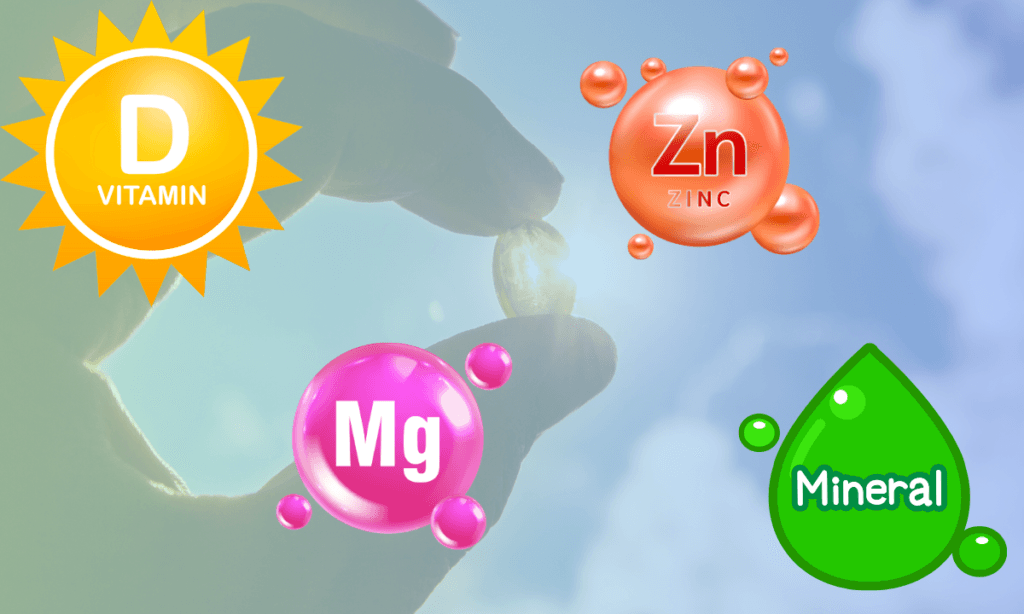
Vitamins and Minerals: The Micro Nutrients:
Vitamin D:
Importance for Bone Health and Testosterone Levels:
Calcium is vital for bone and teeth health and Vitamin D is needed to support testosterone as well as absorption of calcium. According to the Journal of Clinical Endocrinology, men who have been tested and proven to have low vitamin D levels, their testosterone level is also low.
Sources:
- Sunlight: Experts recommend a minimum of 15-30 minutes of exposure at the time of 11 AM through’ 3 PM at least thrice a week.
- Fortified Foods: Vitamin D is usually added to milk and cereal.
Zinc:
Role in Immune Function and Testosterone Production:
Copper is highly necessary for energy production, forming of hemoglobin, and maintaining of periods. Committing could lead to early vulnerability to diseases as well as low levels of testosterone.
Sources:
- Shellfish: The highest concentration is found in oysters.
- Legumes and Nuts: Other seeds include chickpeas and pumpkin seeds.
Magnesium:
Uses for the Improvement of Muscle Function and Energy Production:
Magnesium plays a role in about 385 metabolism processes in the body including energy metabolism and muscle contractions. Deficiency can cause cramps and fatigue in the muscles of the human body.
Sources:
- Green Leafy Vegetables: Spinach and kale.
- Whole Grains: Quinoa and brown rice.
Antioxidants: Fighting Free Radicals:
Understand the Reason behind Taking Antioxidants:
Eating antioxidants contributes to lowered oxidative stress as well as inflammation that contributes to chronic diseases. Antioxidants are good for our health and they will enhance our energy levels.
Sources:
- Fruits: Meneliş are berries and citrus fruits that are rich in Vitamin C.
- Vegetables: Different antioxidants can be found in broccoli and spinach among them being the following.
Building a Balanced Diet
Food Choices: Practical Tips:
Thus, to design a good diet which, according to the above-outlined food input inputs, should be balanced, it is recommended that one should take foods rich in these nutrients. Pay attention to unrefined food and try to get as many different colors on the plate as possible.
- Breakfast: Berry-nut Greek yogurt.
- Lunch: A grilled chicken salad that was made from a mix of greens, avocado, and vinaigrette.
- Dinner: Grilled chicken with brown rice and steamed beans.
Smart Snacking
Healthful snacks are good for keeping energy levels up and avoiding binge eating during meals. Some nutritious snack options include:
Hummus with carrot sticks Here, hummus and carrot sticks both make the list of foods that are good for diabetics to eat.
- A handful of mixed nuts
- Greek yogurt with honey
Supplements: When to Consider Them
Navigating Supplements:
A healthy diet should naturally supply all the nutrients you require and taking supplements should only supplement these nutrients. Regarding supplements, it is wiser to talk to a healthcare provider first to admit certain deficiencies or requirements.
Popular Supplements That Every Man Should Consider Taking:
Multivitamins:
A multivitamin can be taken every day to ensure that you are getting all-round nutrients to your body. Seek the products that have aspects such as vitamin D, zinc, and magnesium to meet the needs of the body.
Fish Oil:
A fish oil supplement is recommended if your diet provides inadequate omega-3 for a healthy heart. Quantitative scientific data indicate that omega-3 supplements may decrease levels of triglycerides and even decrease high blood pressure.
Creatine:
Creatine is useful in muscle performance and recovery, and this has made it to be in the list of used supplements by athletes. But, its side effects can be severe when taken as directed by the doctor.
Probiotics:
A healthy gut promotes digestive health and probiotics can be beneficial for it. Hormonal imbalances are common among women but a balanced diet and a good probiotic if you suffer from digestive problems should do the trick.
Influence of Lifestyle on Nutrition:
The Role of Exercise
Physical exercise ensures that you need more nutrients in your body. The guidelines of the World Health Organization suggest that at least 150 minutes of moderate-intensity physical activity should be performed throughout the week by an adult. It can also aid in maintaining muscle tissue, and the physical health of the heart, and improve mood and outlook.
Stress Management
Most often stress results in unhealthy decisions on what to eat and depletion of the required nutrients in the body. The approaches that can be used to counter stress include mindfulness, exercising, and getting enough sleep.
Conclusion:
Recap Key Points:
Correct nutrition can help you improve your overall quality of life and physical condition. Take protein, healthy fats, vitamins, and minerals, and little supplements more than necessary. A diet is productive for the body as well as for the mind and soul.
Call to Action:
Don’t let a poor diet take charge of your life today. Evaluate your present dietary pattern and try to make a few realistic modifications to include these important nutrients in your diet. Please note that healthy outside starts from healthy inside and therefore, better nutrition means a better life.
Additional Resources:
For further reading, consider these reputable sources:
- Centers for Disease Control and Prevention Nutrition Guidelines
- American Heart Association Nutrition Center
- Harvard Health: Nutrition for Men
In prioritizing these nutrients these men will be able to get healthy and also have longer life spans. It’s time to make the right choice and begin the path to a healthier you— Your new nutritional lifestyle begins here!

1. What are the most important nutrients for men?**
Perhaps the nutrient densities most critical to men include lean protein, healthy fats (especially omega-3), vitamins (like vitamin D and the b vitamins), and minerals (like zinc and magnesium). All these have specific functions in the maintenance of muscle tissue, synthesis of hormones, and the well-being of the body.
2. How can I ensure I’m getting enough protein?
To improve the dietary protein intake, it is necessary to include different types of proteins in our diet. Instead choose lean meats, fish, eggs, dairy products, legumes, and nuts. A rule of thumb is to ingest 1.2 – 2.0 g of daily protein per kg of body weight, especially for the physically active individual.
Are supplements necessary if I eat a balanced diet?**
Even if most nutrients are available from a balanced diet some persons may have nutrient deficiencies because of certain diets, certain lifestyles, or certain medical conditions. The above nutrients may be deficient, but supplements can help provide for some of these nutrient requirements, still, it is recommended to seek medical advice before taking any supplement.
What foods are high in zinc
Food sources of zinc include seafood foods especially oyster meat particularly red meat, poultry products beans nuts, whole grain products, and dairy products. Including many of these foods in your diet can contribute to fulfilling your recommended daily intake of zinc.
How much vitamin D do I need?**
The RDAs for vitamin D for men are between 600 and 800 IU or 15 to 20 mcg a day for men, depending on age and health. Another way of getting vitamin D is through exposure to sunlight, therefore get at least fifteen to thirty minutes of sunlight in the early morning or late evening three to five times a week.
What are the best sources of omega-3 fatty acids?**
Other good sources of omega-3 fatty acids include fatty fish and other fish such as salmon, mackerel, and sardines. Some of the plant based foods that are known to enhance testosterone levels include walnuts, chia seed, and flaxseed. If omega 3s are not obtained sufficiently in the diet then fish oil supplements should be taken but with a doctor’s advice.
Can I get enough nutrients from a vegetarian or vegan diet?**
It is possible to get all the nutrients needed in the food diet through a vegetarian or vegan diet provided one takes most of the plant-based foods. Consume plant protein foods, B12 fortified foods for cobalamin, iron-rich plant foods vitamin D fortified foods, or food rich in Vitamin D for calcium and include omega 3 rich foods. There is usually a need for supplementing some nutrients including vitamin B12.
What lifestyle changes can support better nutrition?**
To support better nutrition, consider the following lifestyle changes:
This can be easily avoided by setting up meal plans and preparing those meals well in advance.
With regards to water, it ensures that you take enough water all the time.
Make a habit of exercising.
Minimizing stress through practicing mindfulness, exercising, and sleeping well.
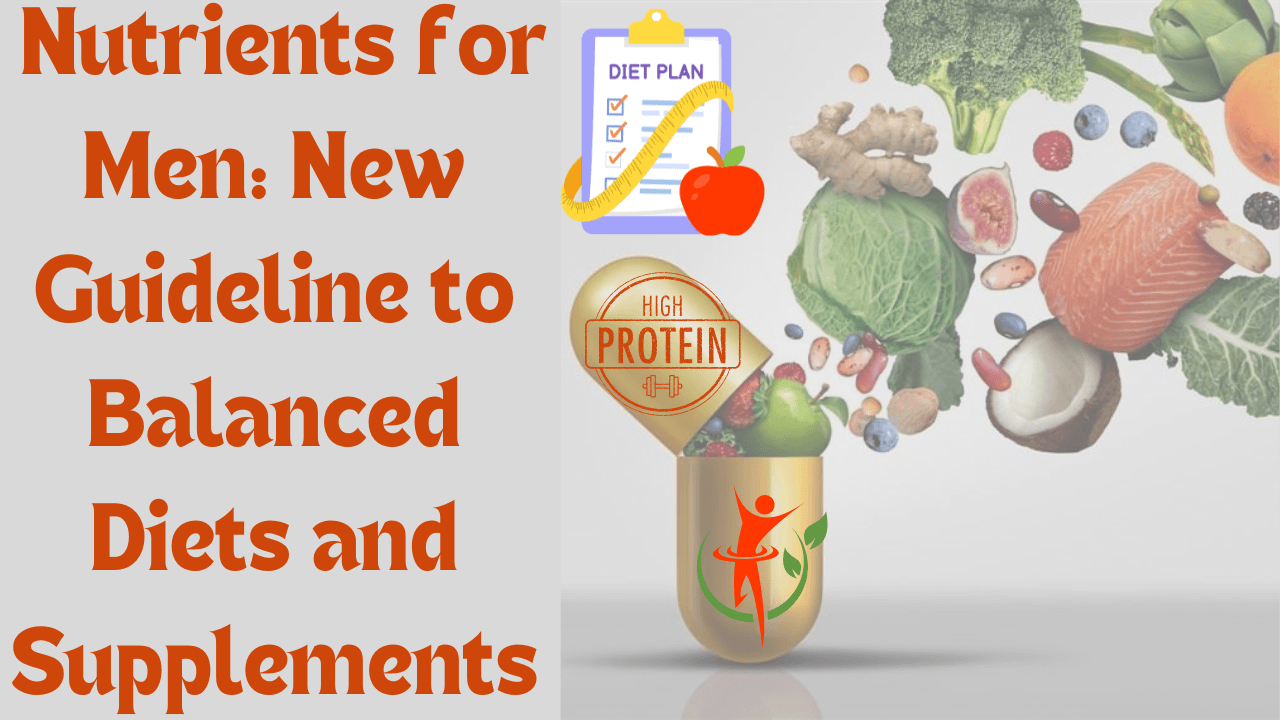
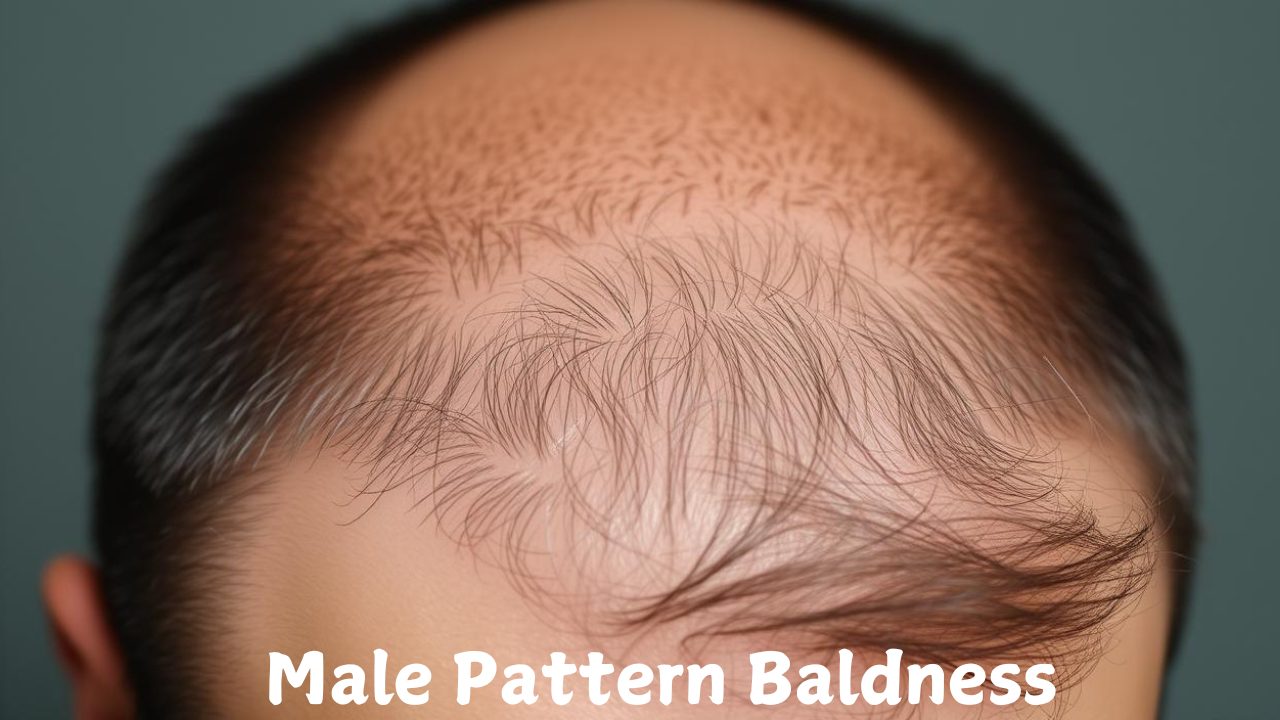



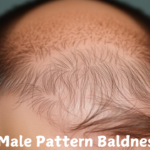


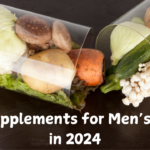
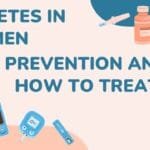


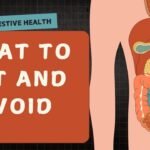



Informative post
thanks for appreciation